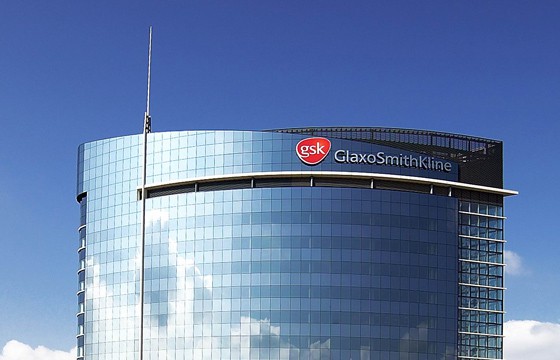
GlaxoSmithKline and Sanofi have joined academic groups and other pharma companies to take part in Finland’s large scale genomics project, based on data from 500,000 biobank volunteers.
FinnGen aims to produce comprehensive genome variant data of 500,000 biobank participants, representing one of the largest studies of this type. The genome data is combined with health data drawn from multiple national health registries. Data from these registries provide longitudinal, life time follow-up data from each Finnish resident.
First launched in 2017, the project aims to contribute to genetic research by ultimately identifying new therapeutic targets and diagnostics for treating numerous diseases.
The FinGenn collaboration is made up of both industry and academic partners, comprising of public and private organisations, including the Institute of Health and Welfare and the Finnish Red Cross Blood Service.
It also has seven other pharmaceutical companies on board, including Biogen, AbbVie, Celgene, Genentech, Pfizer, MSD and AstraZeneca.
The size of the study means its target represents nearly 10% of Finland’s entire population of 5.5m.
This target represents five times as many people as England’s comparable project, the 100,000 genomes project, which is seen as one of the world’s leading genome research projects.
England reached its 100,000 genome sequencing milestone last year, but has plans to expand even further and sequence one million genomes.
FinnGen has so far collected genotype and health data from over 102,000 people, and the group said it aims to increase this tally by 50,000 every six months.
FinnGen is able to cover a greater number of individuals because it uses a less comprehensive genomic mapping approach, called genome-wide association study (GWAS) genotyping. This identifies single-nucleotide polymorphisims (SNPs) in the human genome and detects if it is associated with a disease. This contrasts with England’s use of whole genome sequencing, which is more costly and time consuming to undertake, but could lead to a deeper understanding of the influence of genes on disease.
FinnGen’s organisers say the unique heritage of the Finnish population also gives the research an advantage. They say the genomic data can be analysed faster and more effectively than in populations of more heterogenous origins, which they say should significantly improving the chances of breakthrough findings.
The collected samples include more than 15,000 from cancer patients, and more than 30,000 from those with a cardio-metabolic condition, all from Finnish biobanks.
A variety of patient samples are important to the study, as it allows researchers to identify correlations between genetic factors and health outcomes such as disease susceptibility or effectiveness of drug treatments.
The outcomes could potentially enrich future drug discovery programmes by enhancing drug target identification.
“FinnGen offers an exciting collaborative opportunity to study genetic impacts on human conditions over time in a world class research environment“, said Matt Nelson, Head of Human Genetics at GSK.
“This investment will complement our longstanding interest in human genetics and is consistent with our strategy of using genetics as a key enabler of drug discovery,” he adds.
“With these additional resources, we aim to catalyse and support international biobank partnerships to perform meta-analyses that will generate additional insights from the greater power and global diversity that such partnerships can bring”, said Mark Daly, Director of FIMM and a co-architect of FinnGen.
The project is expected to continue for ten years and has a current budget of €59m, with the funding coming from pharmaceutical companies and Business Finland.




